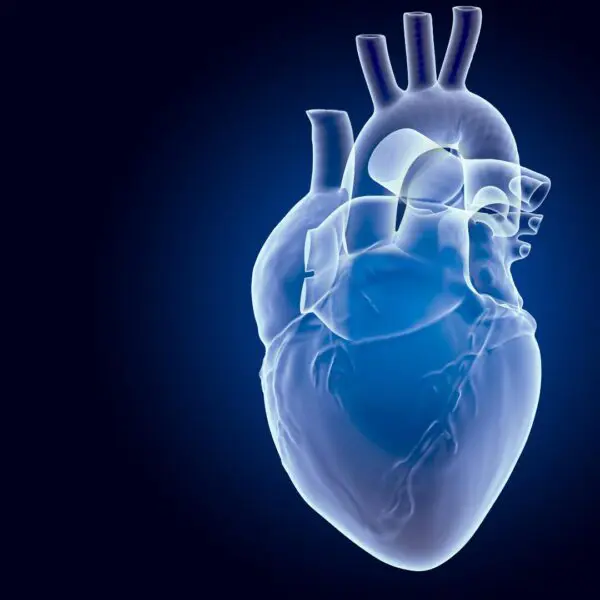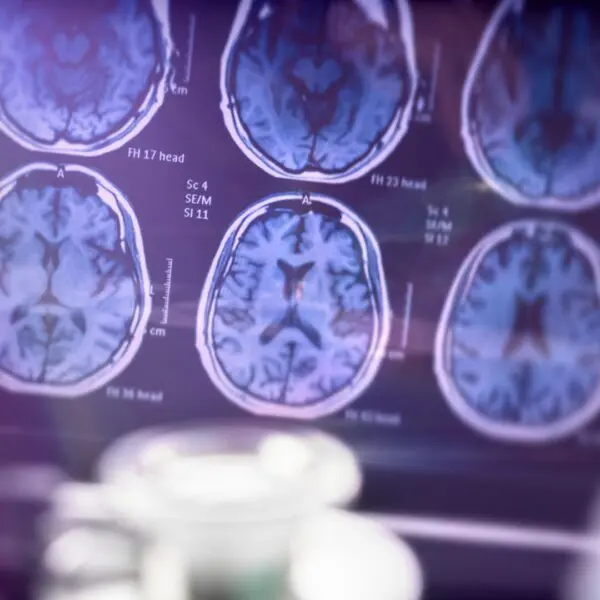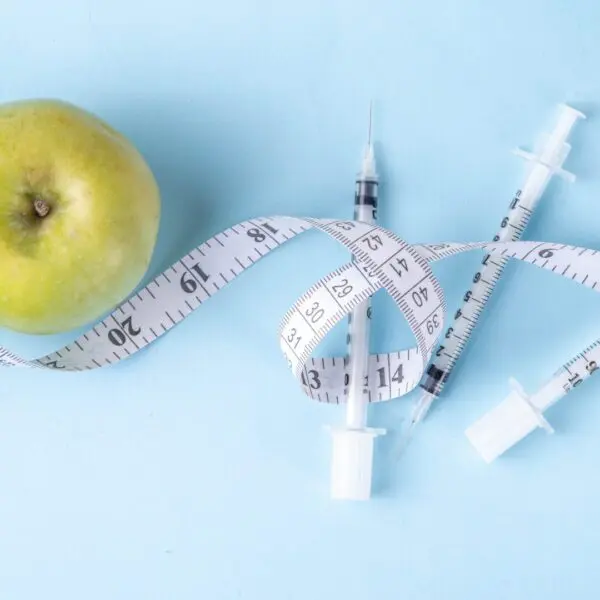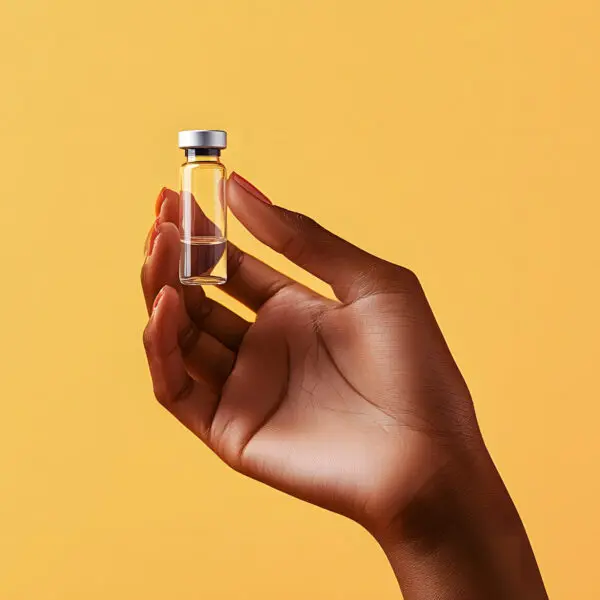Glutathione, often called the body’s master antioxidant, is a potent molecule crucial for maintaining health and well-being. This powerful molecule plays a vital role in various physiological processes, including antioxidant defense, detoxification, and immune system support.
What is Glutathione?
Glutathione is a tripeptide composed of three amino acids: cysteine, glutamic acid, and glycine. Our bodies produce it naturally, with the highest concentrations found in the liver. Glutathione plays a vital role in the following:
- Antioxidant defense
- Detoxification processes
- Immune system support
- Cell proliferation
- Apoptosis (programmed cell death)
Why Do We Need to Supplement Glutathione?
Despite natural production, several factors can increase the need for additional glutathione. As we age, our body’s ability to produce glutathione tends to decline, partly due to changes in amino acid synthesis and increased oxidative stress. Certain factors can also increase the body’s demand for glutathione, potentially outpacing natural production. These factors include chronic diseases, environmental toxins, pollution, lifestyle factors (smoking and alcohol consumption), and chronic stress. Nutritional deficiencies, particularly in amino acids essential for glutathione synthesis, can result in lower levels. Some health conditions, such as cancer, HIV/AIDS, type 2 diabetes, hepatitis, and Parkinson’s disease, may be associated with decreased glutathione levels.
Supplementing glutathione may enhance detoxification, boost immune function, and support overall health and longevity.
The Connection Between Glutathione and NAD+
Glutathione and NAD+ (nicotinamide adenine dinucleotide) share a complex relationship.
- Glutathione helps to protect NAD+ from oxidative damage.
- It helps regenerate NAD+ from NADH (a process essential for maintaining adequate NAD+ levels for various cellular functions)
- Both are crucial for mitochondrial function (glutathione helps maintain NAD+ levels)
- Glutathione indirectly affects NAD-dependent signaling pathways
While the relationship between glutathione and NAD+ is complex, their interplay is crucial for maintaining cellular health and function. This relationship is why we often recommend a glutathione injection after a NAD+ treatment.
The Importance of Glutathione
- Powerful Antioxidant Protection: Glutathione neutralizes a wide range of free radicals and reactive oxygen species. It works synergistically with other antioxidants (specifically vitamins C and E), enhancing their effectiveness and protecting cells from oxidative stress, which is implicated in aging and various chronic diseases.
- Detoxification Support: The liver relies on glutathione to neutralize and eliminate toxins. Glutathione binds to toxins and harmful substances, making them easier for the body to excrete and protecting us from environmental pollutants and heavy metals.
- Immune System Enhancement: Glutathione activates and maintains T-cell function, crucial for fighting infections and controlling inflammation. Adequate levels may boost the body’s defense against pathogens and support overall immune health.
- Cellular Health and Longevity: As a key player in cellular health, glutathione protects cellular components like DNA, proteins, and lipids from oxidative damage. This protection may contribute to slowing down the aging process.
Ways Cortisol Affects Glutathione Levels
- Cortisol can deplete glutathione levels: Chronic stress and persistently elevated cortisol levels can decrease glutathione production. This is because cortisol increases oxidative stress in the body, which uses glutathione as an antioxidant.
- Oxidative stress and glutathione demand: High cortisol levels are associated with increased oxidative stress in the body. This heightened oxidative stress depletes glutathione, which is used to combat free radicals.
- Impaired glutathione synthesis: Prolonged stress and elevated cortisol can interfere with the body’s ability to produce glutathione efficiently. This may occur by affecting the enzymes involved in glutathione synthesis.
- Feedback loop: There appears to be a bidirectional relationship between cortisol and glutathione. Low glutathione levels can increase cortisol, potentially creating a negative feedback loop.
Understanding this relationship is essential for managing stress-related health issues and maintaining optimal antioxidant defenses. Strategies to manage stress and support glutathione production may benefit overall health and well-being.
Potential Health Benefits of Glutathione
- Cardiovascular Health: Optimal levels may support heart health by reducing oxidative stress in the cardiovascular system, potentially lowering the risk of heart disease.
- Liver Health: Glutathione is essential for liver health, protecting liver cells from damage and supporting the organ’s detoxification processes.
- Brain Health and Cognitive Function: The antioxidant properties of glutathione may protect brain cells from oxidative damage, potentially supporting cognitive function and protecting against neurodegenerative diseases.
- Skin Health: Glutathione may help protect the skin from UV radiation and environmental pollutants, potentially improving skin appearance and reducing signs of aging.
- Athletic Performance: By reducing exercise-induced oxidative stress and inflammation, this powerful antioxidant may support athletic performance and improve recovery times.
Methods to Support Glutathione Levels
Here are some ways to support healthy glutathione levels:
- Eat sulfur-rich foods (garlic, onions, and cruciferous vegetables)
- Consume foods high in vitamin C
- Exercise regularly (consistent exercise has been shown to increase levels)
- Get enough sleep
- Manage stress effectively
- Consider supplementation (intravenous glutathione ensures optimal absorption – we offer this here at PUR-FORM)
Supporting our body’s natural glutathione production through a healthy lifestyle may contribute to better health and potentially reduce the risk of various chronic diseases.
-Dr. P
You may also enjoy reading:














